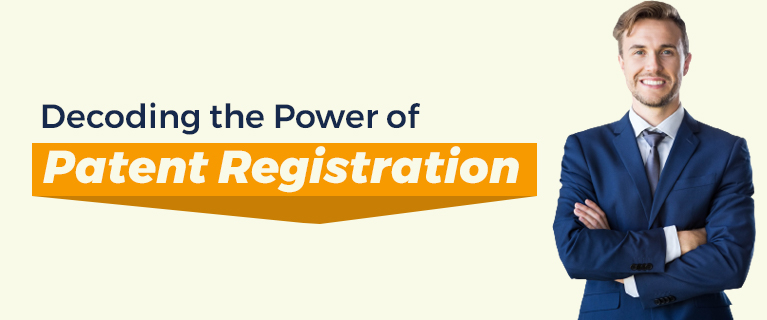What are the Common Misconceptions about Patent Registration?
Patent registration is a vital step for inventors and businesses seeking to protect their innovative ideas and gain a competitive edge in the marketplace. However, there are several common misconceptions surrounding patent registration that can hinder individuals from pursuing this valuable form of intellectual property protection. In this blog, we will debunk some of these misconceptions and provide clarity on the patent registration process.
Patents Are Only for Large Corporations
One common misconception is that patents are only valuable for large corporations with extensive resources. However, patents are equally beneficial for individuals, startups, and small businesses. Patents provide legal protection and exclusive rights to the inventor, regardless of their size or financial capabilities. They enable inventors to prevent others from making, using, or selling their invention without permission, giving them a competitive advantage in the market.
Read also this -: Navigating the Patent Registration ProcessThe Process of Registering a Patent Is Protracted and Difficult
Another misconception is that the patent registration process is overly complicated and time-consuming. While it is true that patent registration requires careful attention to detail, working with an experienced patent attorney or patent agent can simplify the process significantly. These professionals have the expertise to guide inventors through the various steps involved in patent registration, including conducting prior art searches, drafting patent claims, and submitting the application to the appropriate patent office.
Patent Protection Lasts Forever
Some individuals believe that once they obtain a patent, their invention is protected indefinitely. However, patents have a limited duration. In most countries, including India, patents are typically granted for a period of 20 years from the filing date. After the patent term expires, the invention enters the public domain, and others can freely use and exploit it. It is essential for inventors to understand the duration of patent protection and plan their commercialization strategies accordingly.
Patent Registration Guarantees Commercial Success
Obtaining a patent does not guarantee commercial success or market demand for the patented invention. While a patent provides legal protection, inventors still need to develop a solid business plan, market their invention effectively, and navigate the challenges of product development, manufacturing, and distribution. A patent is a valuable tool for protecting intellectual property, but its success ultimately depends on the business strategy and execution.
Patenting Is Expensive and Reserved for High-Value Inventions
Many people assume that patenting is a costly endeavour and only worth pursuing for high-value inventions. While patenting does involve costs, including filing fees, attorney fees, and maintenance fees, there are options available to make the process more affordable. For instance, the Indian patent system offers reduced fees for individuals, small entities, and startups. Additionally, inventors can consider strategies such as filing provisional patents or pursuing patent cooperation treaty (PCT) applications to extend protection internationally.
Patenting Is Only for Technological Inventions
There is a common misconception that patents are only relevant for technological inventions or complex scientific discoveries. However, patents can be obtained for a wide range of inventions, including mechanical devices, chemical compositions, software algorithms, business methods, and even design aesthetics. Patents are not limited to technological innovations alone but encompass various fields and industries.
Patenting Is Only About Protection, Not Disclosure
Another misconception is that patenting is solely about protecting an invention from being copied or exploited by others. However, the patent registration process also involves disclosing the invention to the public. In exchange for obtaining exclusive rights, inventors must provide a detailed description of their invention in the patent application, enabling others to learn from the invention and build upon it once the patent expires. Patenting thus serves as a mechanism for sharing knowledge and advancing innovation.
Read also this -: A Guide to Applying for a Patent in IndiaConclusion
understanding the realities of patent registration is crucial for inventors and businesses seeking to protect their intellectual property and leverage their innovations in the marketplace. Patents offer valuable legal protection, regardless of the size or nature of the invention. Working with professionals, debunking misconceptions, and having a clear understanding of the patent registration process can help inventors make informed decisions and unlock the potential of their inventions.




Comments
Post a Comment